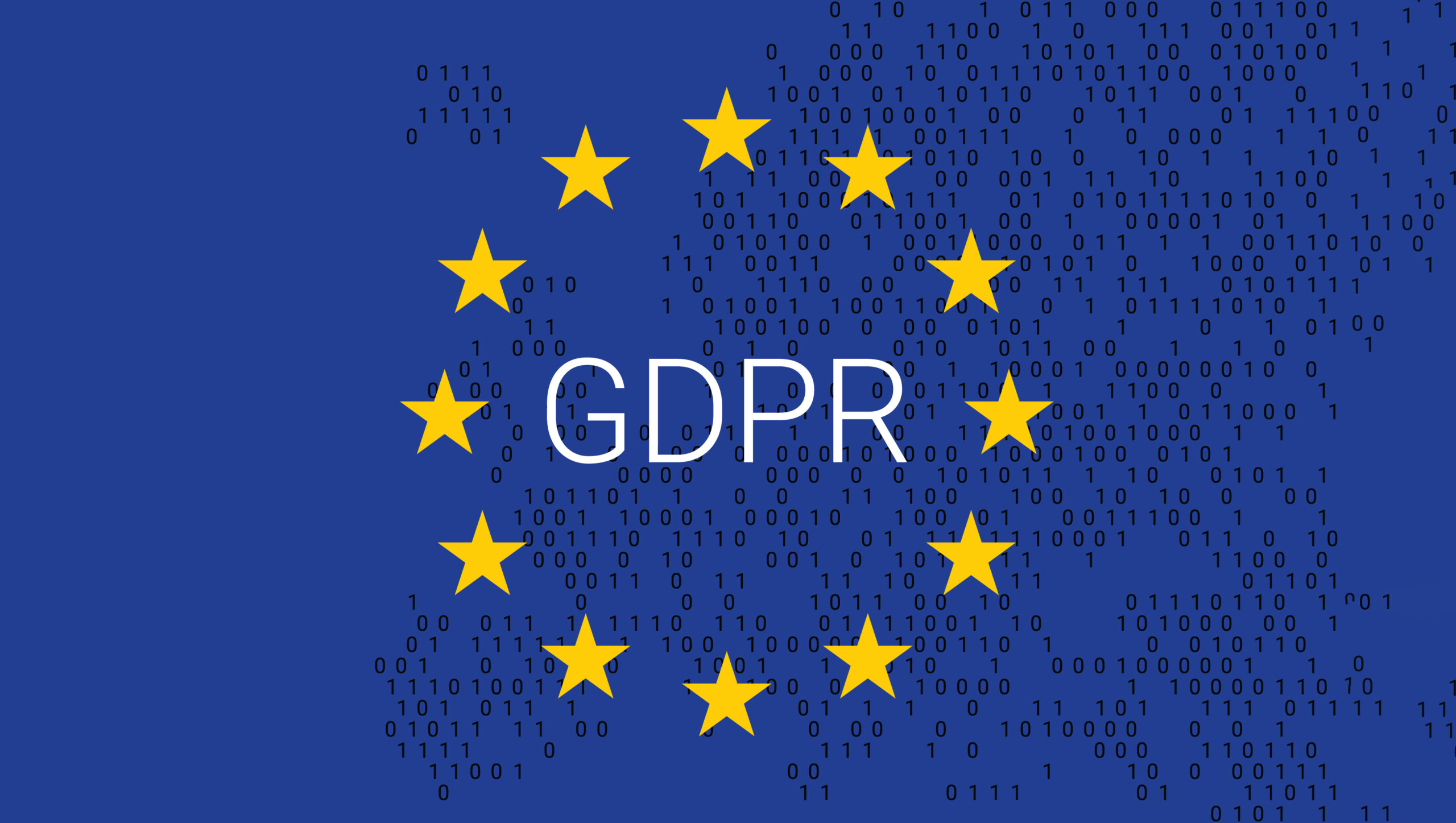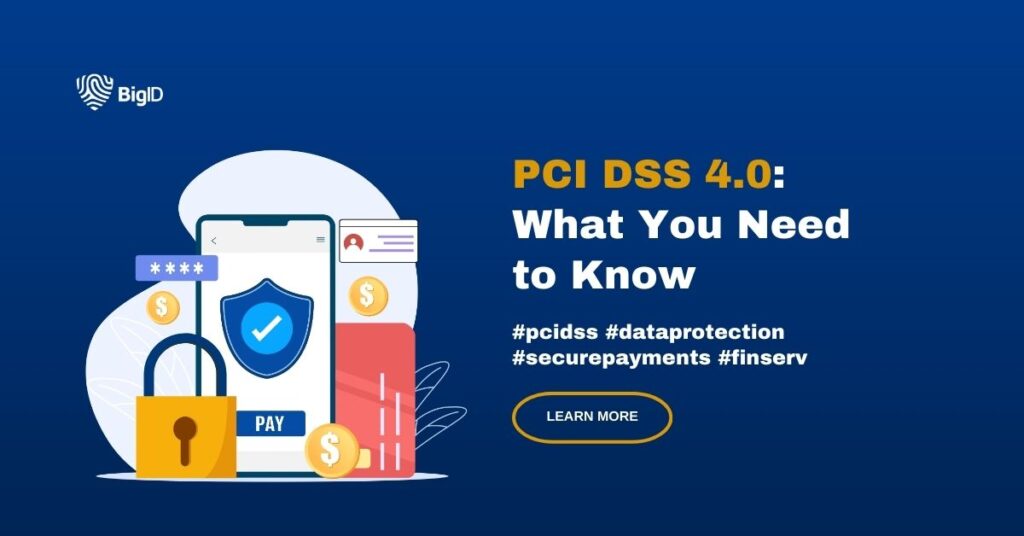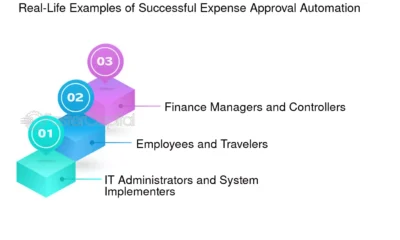Cybersecurity & Privacy
What You Need to Know About Data Protection Regulations: Essential Guide

Data protection regulations are vital for keeping personal data safe. They help prevent misuse and ensure privacy.
Data protection laws have become more important with the rise of digital information. As businesses collect more data, the need to safeguard this information grows. Understanding these regulations can seem complicated, but it’s crucial. Knowing the basics helps you stay compliant and avoid penalties.
This guide will provide a clear overview of key data protection rules. By the end, you will have a solid grasp of what you need to do to protect data. Stay with us to learn more about these essential regulations.

Credit: www.endpointprotector.com
Introduction To Data Protection
In today’s digital age, data protection is more important than ever. Governments around the world are implementing regulations to ensure personal data is handled with care. Understanding these regulations is crucial for businesses and individuals alike.
Importance Of Data Protection
Data protection safeguards personal information. It prevents misuse and unauthorized access. For businesses, compliance with data protection laws is mandatory. Violations can lead to hefty fines and damage to reputation.
Consumers trust companies with their data. Protecting this data builds trust. It enhances customer loyalty. It also ensures legal compliance. Protecting data is not just a legal requirement. It’s a business imperative.
Common Data Protection Terms
Understanding key terms is essential. Here are some of the most common:
- Personal Data: Information that identifies an individual. Examples include names, addresses, and phone numbers.
- Data Controller: The entity that determines the purposes and means of processing personal data.
- Data Processor: The entity that processes data on behalf of the data controller.
- Consent: Permission from the individual to process their data.
- Data Breach: A security incident that leads to unauthorized access to data.
Companies must understand these terms. This knowledge helps ensure compliance. It also aids in protecting consumer data effectively.
| Term | Definition |
|---|---|
| Personal Data | Information that identifies an individual. |
| Data Controller | Entity determining purposes and means of data processing. |
| Data Processor | Entity processing data on behalf of the controller. |
| Consent | Permission to process personal data. |
| Data Breach | Incident leading to unauthorized data access. |
Key Data Protection Regulations
Understanding key data protection regulations is crucial for businesses worldwide. These regulations help protect users’ personal data and privacy. Compliance is not optional. Non-compliance can lead to severe penalties. Below, we explore two major data protection regulations: GDPR and CCPA.
Gdpr Overview
The General Data Protection Regulation (GDPR) is a law in the European Union. It came into effect on May 25, 2018. It aims to protect EU citizens’ personal data. Businesses must handle data with care. They need explicit consent from users to collect data. GDPR also requires data breach notifications within 72 hours. Companies must ensure data is stored securely. Non-compliance can result in hefty fines.
Ccpa Overview
The California Consumer Privacy Act (CCPA) is a state statute in California. It became effective on January 1, 2020. The CCPA gives California residents more control over their personal information. Businesses must disclose data collection practices. They must allow users to opt-out of data sales. Users can also request their data be deleted. Compliance with CCPA is mandatory for businesses meeting specific criteria. Violations can lead to significant penalties.
Compliance Requirements
Understanding compliance requirements for data protection is crucial for businesses. These regulations ensure that personal data is collected, stored, and handled securely. Companies must follow specific rules to avoid penalties and build trust with users. Let’s explore the key compliance requirements.
Data Collection Practices
Businesses must adopt transparent data collection practices. They should inform users about the data being collected. The purpose of data collection must be clear. Only collect data that is necessary for specific purposes. Avoid gathering unnecessary information. Implement secure methods to store collected data.
User Consent
User consent is a vital aspect of data protection. Businesses must obtain explicit permission before collecting personal data. Users should understand what they are consenting to. Provide clear and simple explanations about data usage. Make it easy for users to withdraw their consent. Always respect user preferences regarding their personal data.
Rights Of Data Subjects
Data protection regulations are essential for safeguarding personal information. These regulations provide several rights to data subjects, ensuring their personal data is handled responsibly. Understanding these rights helps individuals stay informed and protected. Let’s delve into some key rights of data subjects.
Right To Access
The right to access allows individuals to know how their data is used. They can request a copy of their personal data from any organization. This right ensures transparency and accountability. Organizations must provide this information within a reasonable timeframe. It helps individuals stay informed about their data usage.
Right To Erasure
The right to erasure, also known as the “right to be forgotten,” allows individuals to request deletion of their personal data. This right is crucial for maintaining privacy. Individuals can exercise this right under specific conditions. For instance, if the data is no longer necessary for the original purpose. Organizations must comply with these requests promptly. It ensures individuals have control over their personal information.
Data Security Measures
Data security measures are essential for protecting sensitive information. These measures prevent unauthorized access and ensure data integrity. Companies must adopt effective security strategies to comply with data protection regulations. In this section, we will discuss key data security measures.
Encryption Techniques
Encryption techniques are vital for data security. They convert data into unreadable code. Only authorized users can decode and access the information. This ensures data safety during transmission and storage. Common encryption methods include AES and RSA. These methods provide strong protection against cyber threats.
Access Controls
Access controls restrict data access to authorized personnel. They ensure that only the right people can view or modify sensitive data. Access controls can be role-based or attribute-based. Role-based access assigns permissions based on job roles. Attribute-based access considers user attributes like department or project. Both methods help maintain data confidentiality.

Credit: bigid.com
Impact On Businesses
The implementation of data protection regulations significantly impacts businesses. These regulations demand businesses to alter their current operations, often leading to substantial financial investments. Understanding these effects is crucial for compliance and for maintaining a good reputation.
Operational Changes
Businesses must make several operational changes to comply with data protection regulations. These include:
- Updating privacy policies
- Implementing robust data security measures
- Training employees on data protection
- Regularly auditing data processing activities
For example, companies need to ensure that personal data is only accessible to authorized personnel. They also need to have processes in place for data breach notifications. These changes are not only vital for compliance but also help build customer trust.
Financial Implications
Complying with data protection regulations can have significant financial implications for businesses. There are costs associated with:
- Hiring data protection officers
- Investing in advanced security software
- Conducting regular compliance audits
Non-compliance can result in heavy fines. For instance, under the GDPR, fines can reach up to 20 million euros or 4% of the annual global turnover, whichever is higher. Therefore, investing in compliance is crucial to avoid such penalties.
| Expense | Estimated Cost |
|---|---|
| Data Protection Officer | $70,000 – $120,000 annually |
| Security Software | $10,000 – $50,000 annually |
| Compliance Audits | $5,000 – $20,000 per audit |
These investments, while significant, are essential to protect the business from potential financial and reputational damage.
Global Data Protection Trends
In today’s digital world, data protection is more important than ever. Different countries have their own rules. This makes the global landscape complex. Keeping up with these changes is crucial. Let’s explore some key global data protection trends.
Emerging Regulations
New data protection laws are appearing around the world. For example, the European Union has the GDPR. Other regions are creating their own rules too.
- GDPR: The General Data Protection Regulation is a strict law in the EU.
- CCPA: The California Consumer Privacy Act aims to protect personal data in California.
- LGPD: Brazil has the Lei Geral de Proteção de Dados, similar to GDPR.
These regulations have common goals. They aim to give people control over their personal data. They also require businesses to be transparent about data use.
International Cooperation
Countries are working together to improve data protection. This helps create a more consistent global approach.
| Region | Cooperative Efforts |
|---|---|
| Europe | GDPR sets a high standard for data protection. |
| North America | US and Canada are aligning their data protection laws. |
| Asia | Countries like Japan and Singapore are creating strong laws. |
International cooperation helps in many ways. It makes it easier for businesses to comply with different laws. It also strengthens overall data protection.
Future Of Data Protection
The future of data protection is evolving rapidly. Technological advancements and legal frameworks are changing. These changes aim to safeguard personal data effectively. Understanding these trends is crucial for businesses and individuals.
Technological Advancements
Technological advancements play a vital role in data protection. New tools and systems are being developed to enhance security. Encryption and blockchain technologies are leading the way. They provide robust methods to protect data from breaches.
- Encryption: Converts data into a secure format. Only authorized users can access it.
- Blockchain: Provides a decentralized way to store data. Ensures data integrity and authenticity.
Artificial Intelligence (AI) is also a key player. It helps detect and respond to threats quickly. AI systems can analyze vast amounts of data in real-time. This improves the ability to prevent breaches before they occur.
Evolving Legal Frameworks
Legal frameworks are evolving to keep up with technological changes. Governments and regulatory bodies are introducing new laws and regulations. These aim to protect personal data and privacy.
| Region | Regulation | Key Focus |
|---|---|---|
| Europe | GDPR | Data privacy and protection |
| California | CCPA | Consumer data rights |
| Brazil | LGPD | Data protection and privacy |
Businesses must comply with these regulations. Failure to do so can result in hefty fines. Organizations need to stay updated with the latest legal changes. This ensures they remain compliant and avoid penalties.
Stay informed about these trends. Protect your data and privacy effectively. The future of data protection is here, and it’s evolving.

Credit: usercentrics.com
Frequently Asked Questions
What Is Data Protection?
Data protection is the process of safeguarding personal information from misuse, loss, or unauthorized access.
Why Are Data Protection Regulations Important?
They protect individuals’ privacy and ensure companies handle personal data responsibly and securely.
What Is Gdpr?
GDPR stands for General Data Protection Regulation. It is a law in the European Union that protects data privacy.
Who Needs To Comply With Data Protection Regulations?
Any organization that handles personal data, including businesses, nonprofits, and government agencies, must comply.
How Can Companies Ensure Data Protection Compliance?
Companies can ensure compliance by implementing data security measures, training staff, and regularly auditing their data practices.
Conclusion
Data protection regulations play a crucial role in today’s digital world. Understanding these rules helps keep your information safe. Businesses must stay compliant to avoid penalties. Consumers benefit from enhanced privacy and security. Staying informed is essential for everyone. Regularly update your knowledge on the latest regulations.
This ensures you remain protected and compliant. Always prioritize data protection in your practices. It builds trust and safeguards personal information. Remember, your data is valuable. Keep it secure and respect privacy standards.
-
Insurance3 years ago
Here Is How to Get Your Instant Car Insurance Online In The USA
-
Software as a Service-SaaS3 months ago
10 Essential SaaS Tools for Streamlining Your Business in 2024
-
gadgets3 years ago
Get The New iPhone 13 For 2022.Harry up.
-
Insurance3 years ago
Best Pet Insurance Companies & Plans
-
Finance & Accounting Software2 months ago
How Automated Expense Management Simplifies Your Financial Workflow Efficiently
-
Finance & Accounting Software3 months ago
Unlock Financial Clarity: How Contract Management Software Transforms Your Business
-
Make Money Online6 months ago
Creating Passive Income With Blogging: Step-By-Step Guide to Success
-
Finance & Accounting Software2 months ago
3 Top-Rated Free Accounting Software: Best Picks for 2024


















